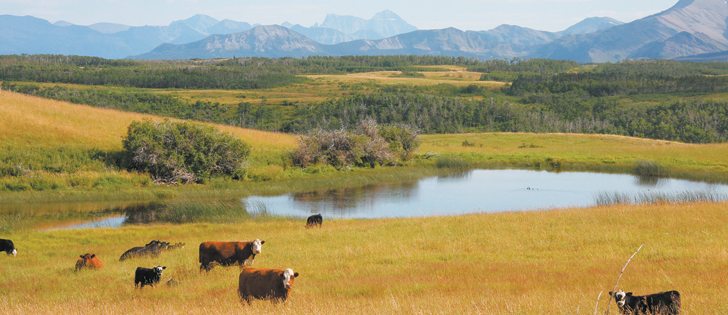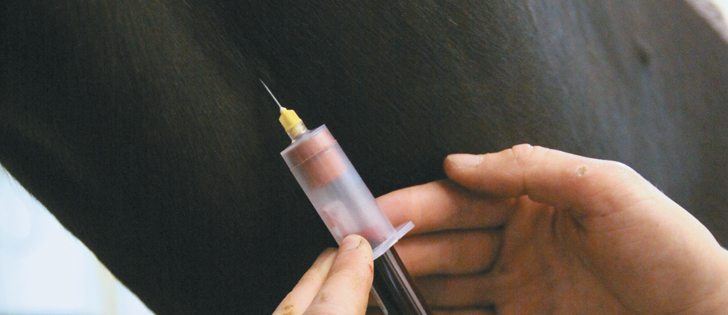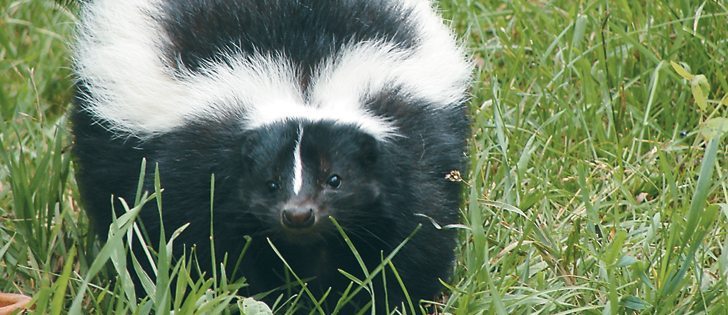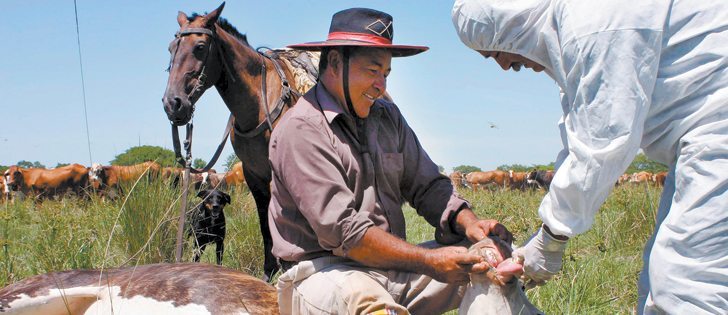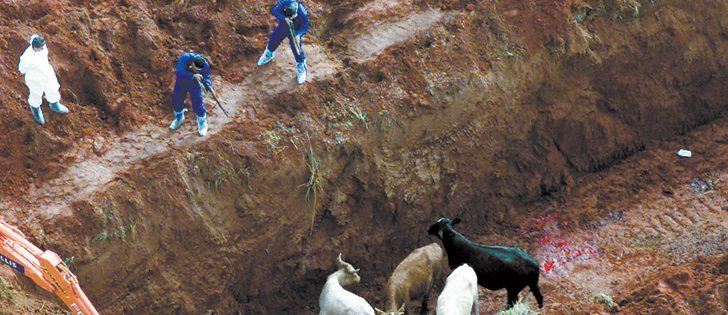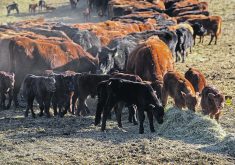Veterinarians and industry officials are urging horse owners to test their animals after a dramatic spike in equine infectious anemia, or swamp fever, in 2011.
Wendy Wilkins, disease surveillance technician at Saskatchewan Agriculture, said more than 100 horses tested positive last year in the province out of 180 across Canada.
That compares to four Saskatchewan cases in 2009 and none in the five previous years.
Positive tests were also confirmed in British Columbia and Alberta.
Almost all the cases are in the northern parts of each province.
Read Also

Canada told trade crisis solutions in its hands
Canadians and Canadian exporters need to accept that the old rules of trade are over, and open access to the U.S. market may also be over, says the chief financial correspondent for CTV News.
The disease has circulated at low levels in the horse population since the 1800s, according to the Canadian Food Inspection Agency. It has been a reportable disease since 1971, which was the same year a national control program was implemented.
Under the program, horse owners voluntarily have their animal’s blood tested by CFIA-accredited veterinarians.
Wilkins said owners appear to have become complacent in the last 10 years. Wet conditions in the past two years also contributed to the problem because they provided the perfect habitat for the deer and horse flies that spread the disease. The disease is introduced when a fly bites an infected horse and then moves to another, transferring the virus.
Infectious anemia presents similar symptoms to many other diseases, including fever, depression, de-creased stamina and fatigue.
“Rapid weight loss is probably the main thing,” Wilkins said.
Some horses with acute symptoms will die. Others can recover and display symptoms on and off for years. However, they will always be infected with the virus.
Horses that do test positive must either be euthanized or kept in permanent quarantine. Wilkins said that’s more complicated than simply keeping a horse in a distant pasture.
“The issue is there is no cure for it,” Wilkins said. “And they are capable of spreading it to other horses for the rest of their lives.”
Fly control is vital.
The United States requires horses entering the country for equine events be tested, and Canada has the same requirement for horses coming north.
Wilkins said many domestic shows used to require testing, but that dropped off and there are no regulations in place to force the practice.
“The EIA control program has always been an industry led initiative,” she said.
The CFIA and industry reviewed the program in 2011 and Equine Canada recently said it was going to be redesigned. It will urge the industry to push for more testing.
“There is concern that the disease continues to exist in populations that are rarely tested,” said the news release. “CFIA is asking the industry to become more involved in encouraging Canada-wide testing.”
Further consultation will take place to fine-tune the process.
Wilkins said horses that don’t leave the country may never be tested. A new horse brought into a herd may bring the disease and spread it.
“At least one of the (infected) herds in Saskatchewan and two others in Canada are large herds and half of (the horses) are positive,” she said.
Wilkins said there is no reason to cancel equine events. Testing and fly control will go a long way toward minimizing outbreaks in the future.
For more information, visit www.agriculture.gov.sk.ca or www.inspection.gc.ca.




